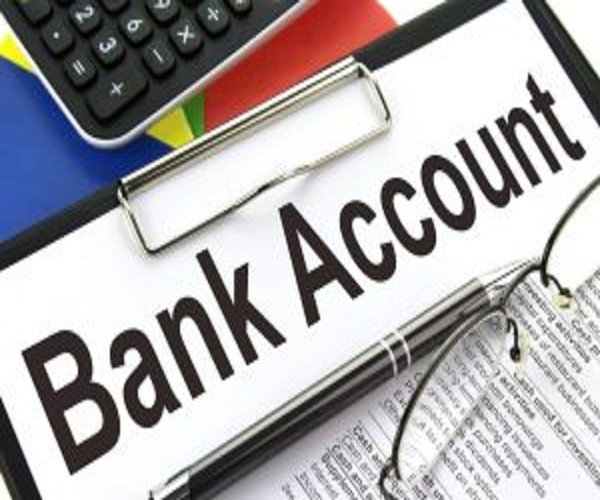Opening a bank account is one of those tasks that need to be done—but it is not exciting. Plus, it is not something you do every day, so you may be uncertain about how to do it: What information do you need, and how do you know which account is best?
Whether you are opening your first account or your 50th, the goal is to get the task completed as quickly as possible and move on to more enjoyable things on your to-do list. The tips below should help you get up and running fast.
Make sure you open the right account
Switching banks and opening new accounts is not easy, so make sure you only need to do it once. Get familiar with different types of accounts and pick the ones that meet your needs.
Savings accounts are best for holding money and earning a small amount of interest (here are some with the best interest rates). You can’t really spend money from those accounts (unless you withdraw cash), but you can move funds to a current account for spending.
Current accounts are for everyday spending and paying bills. Even if you never write a cheque, you should get a debit card that you can use online and in stores. Plus, billers like to pull funds from current accounts, and your employer may want to send your wages to a current account.
Money market accounts let you do limited spending while also paying interest—often more than you will earn in a savings account.
Fixed deposit are useful for money that you don’t intend to spend any time soon—at least six months—and that you want to keep safe in the bank.
Online-only accounts are among the least expensive options, but you miss some of the benefits of a brick-and-mortar branch. You can always use online accounts and brick-and-mortar accounts.
What you need to open an account
Now that you have chosen the right account, it is time to complete an application. In many cases, this can be done entirely online. However, some banks require you to print the application (or at least a signature card) and mail it in. With others, you might need to visit a branch in-person.
Get the following items handy for your application (you want to get this done in one shot so you can move on to more important things):
- Bank Verification Number.
- Date of birth (see below if you’re under the age of 18)
- Your physical address (you can also use a separate mailing address, but a physical/street address is required)
- Identification (a driver’s license, passport, or other government-issued ID)
You might also need a secondary form of ID. Contact your bank or read through the documentation for any other requirements.
Under18?
If you are under 18 years old, you would need somebody over age 18 to open the account with you. You still might be able to use a debit card and online banking, and you can eventually get your own account. But banks need at least one adult on an account to get you started. With some banks, it does not need to be a parent—any trusted adult will do.
Joint accounts
If you are opening a joint account of any kind, you would need the personal information for all of the account holders and a signature from each of them. It is best to get everybody together in one place to complete the application.
Initial deposit
You would also need to fund your account. Ask your bank what the minimum is to open the account. In addition to the minimum to open, watch out for ongoing minimum balance requirements, which can result in monthly fees.
To make your initial deposit, you can bring cash in-person, write a cheque to the account, fund it with a debit card, or link a different bank account for electronic transfers between banks.
Business accounts
To open an account for a business, you would need additional documents because of the entity’s ownership. For example, you may need documents related to the formation of your business (articles of incorporation, for example) and a corporate resolution authorising the new bank account. Note that banks often have different fee structures for banks, so you might need to shop around for an inexpensive business account.
Up and running
Once your account is open, make sure things to go as smoothly as possible for you:
Set up text or email alerts to let you know when your account balance is running low or large withdrawals hit your account.
Monitor your account regularly. Reporting errors and fraud quickly will help you take full advantage of consumer protection laws.
Set up online bill pay so that you can pay bills on time (and efficiently).
Set up direct deposit from your employer so you don’t need to wait for paycheques and get them to the bank.
Source: Punch










